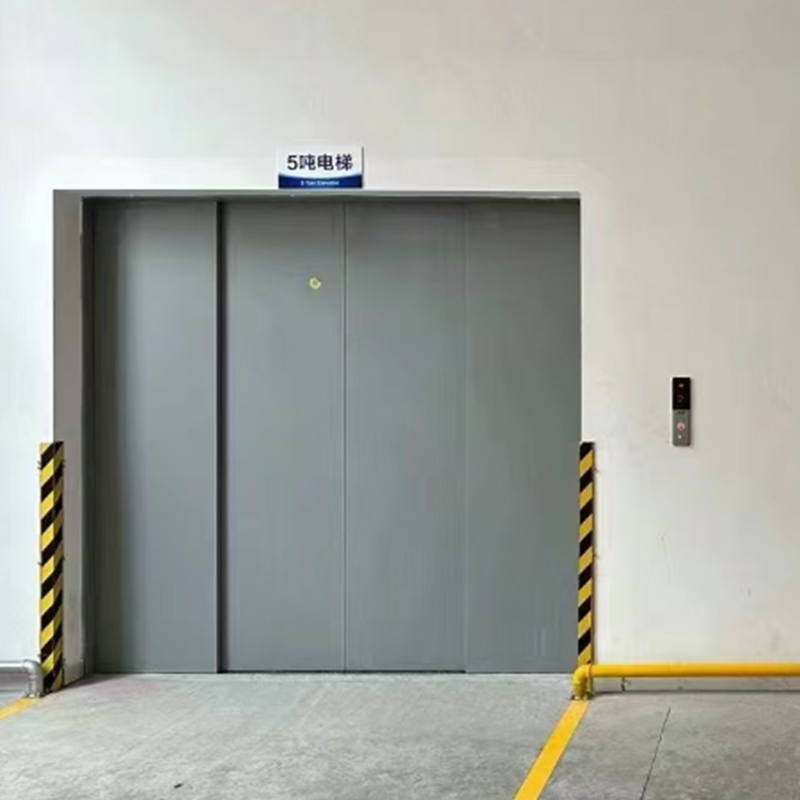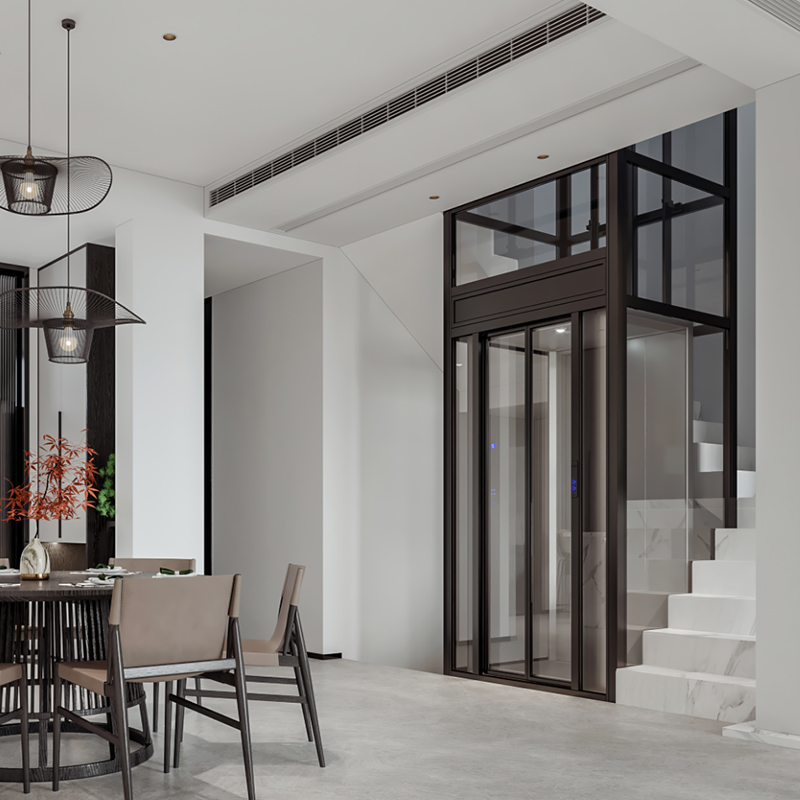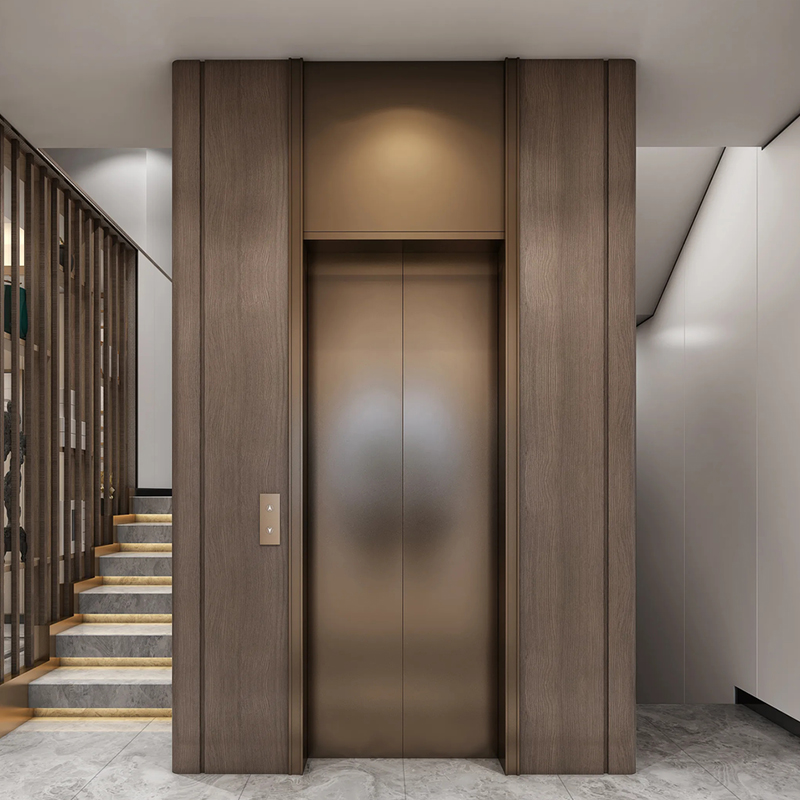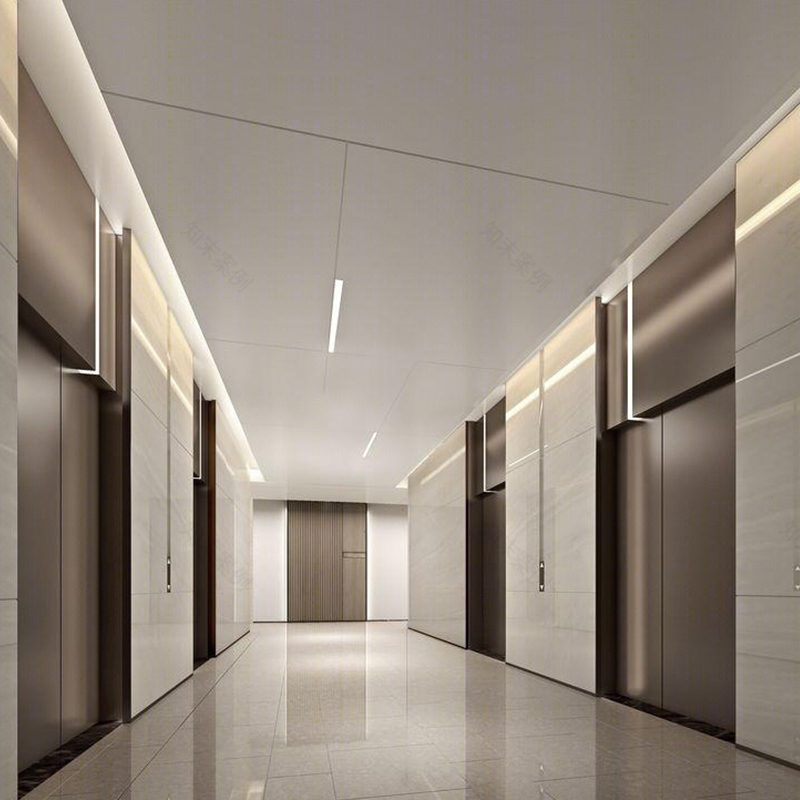
Is a Custom Commercial Freight Elevator Truly Suitable for Your Facility’s Needs?
Posted by Admin | 07 Aug
When it comes to handling goods in commercial settings, the one-size-fits-all approach of standard freight elevators often falls short of addressing unique operational demands. Custom commercial freight elevators, tailored to specific facility requirements, offer a targeted solution that balances efficiency, safety, and cost-effectiveness. Whether for small warehouses, heavy-duty factories, or bustling distribution centers, understanding the advantages, design considerations, and practical implementation of custom freight elevators is key to determining if they align with your needs.
Key Advantages of Custom Commercial Freight Elevators in Small Warehouses
In space-constrained environments like small warehouses or distribution stations, standard freight elevators rarely fit perfectly. A tailored elevator, however, can be precisely calibrated to match multiple dimensions: warehouse height, door opening size, load capacity, and lifting speed. This customization maximizes space utilization, reduces renovation costs, and significantly boosts storage operational efficiency.
Additionally, custom solutions can integrate safety features such as impact-resistant linings, dust-tight doors, and enhanced ventilation/cooling systems. These design elements lower daily operational risks and maintenance burdens, truly catering to the needs of refined warehouse management.
Detailed Manufacturing Process of Custom Heavy-Duty Freight Elevators for Factories
For manufacturing facilities—especially those handling heavy loads—standard freight elevators may lack the safety margins and durability required for continuous daily operations. Custom heavy-duty freight elevators typically involve multiple stages, from demand assessment and structural design to material selection, control system programming, and factory assembly, with close client communication at each step.
- Demand Assessment: Technical teams conduct on-site measurements to determine core parameters such as car dimensions, hoistway structure, suspension methods, steel thickness, and safety factors.
- Design Phase: Features like automatic leveling, slow start/stop functions, and remote monitoring/alert systems are integrated based on the factory’s material handling workflows.
- Factory Testing: Before delivery, the elevator undergoes full-load testing and simulated long-term operation checks to ensure stability during high-frequency, long-term use in factory environments.
Design Considerations for Tailor-Made Freight Elevators in Distribution Centers
Distribution centers, which handle massive daily cargo volumes and often feature multi-level layouts or elevated storage platforms, require elevators that balance high-frequency operation, speed, and stability. A truly customized elevator for such settings should:
- Optimize interior car layout for easy pallet loading/unloading and balanced weight distribution.
- Incorporate precise speed control to handle rapid yet smooth transitions between floors.
- Integrate with automated warehousing systems via interfaces for barcode scanning, pallet positioning, and remote dispatching, enhancing overall efficiency and worker safety.
Safety systems—including emergency stop mechanisms, anti-fall devices, and door interlocks—must also comply with custom standards and industry regulations.
Achieving Custom Commercial Freight Elevators Within a Controlled Budget
Many small and medium-sized enterprises worry that customization will exceed their budgets, but cost control is feasible through strategic planning:
- Prioritize Core Needs: Customize only critical parameters (e.g., interface dimensions, load capacity) while using standard components for non-essential features.
- Cost-Effective Materials: Select budget-friendly yet reliable steel and control components during design, with预留空间 for future upgrades.
- Modular Design: This simplifies maintenance, speeds up part replacement, and reduces long-term operational costs.
Flexible payment plans (e.g., installment options) and annual maintenance packages can further ease initial financial burdens.
Custom Service Process and Post-Delivery Maintenance
A comprehensive service流程 is vital when opting for customization:
- Design Agreement: After signing, clients receive detailed design plans and structural drawings for approval before manufacturing begins.
- Transparent Production: Clients may opt for on-site inspections or remote progress updates to ensure visibility.
- Rigorous Testing: Final inspections include maximum load tests, repeated start/stop cycles, and emergency braking checks to guarantee safety upon delivery.
- Installation & Maintenance: Professional teams handle on-site调试, and post-delivery services include regular inspections, lubrication, fault diagnosis, and parts replacement. A 24-hour emergency response system minimizes downtime from unexpected failures.
In conclusion, custom commercial freight elevators are not merely a luxury but a strategic investment for facilities with unique operational needs. By aligning design with specific workflows, safety requirements, and budget constraints, they can significantly enhance efficiency, durability, and long-term cost-effectiveness.

-
 Founding Road, Qidu Linhu Economic Zone, Wujiang City, Jiangsu Province, China
Founding Road, Qidu Linhu Economic Zone, Wujiang City, Jiangsu Province, China
-
 [email protected]
[email protected]
-
 +86 17701557926/+86 0512-63818375
+86 17701557926/+86 0512-63818375


 En
En English
English русский
русский Español
Español عربى
عربى




